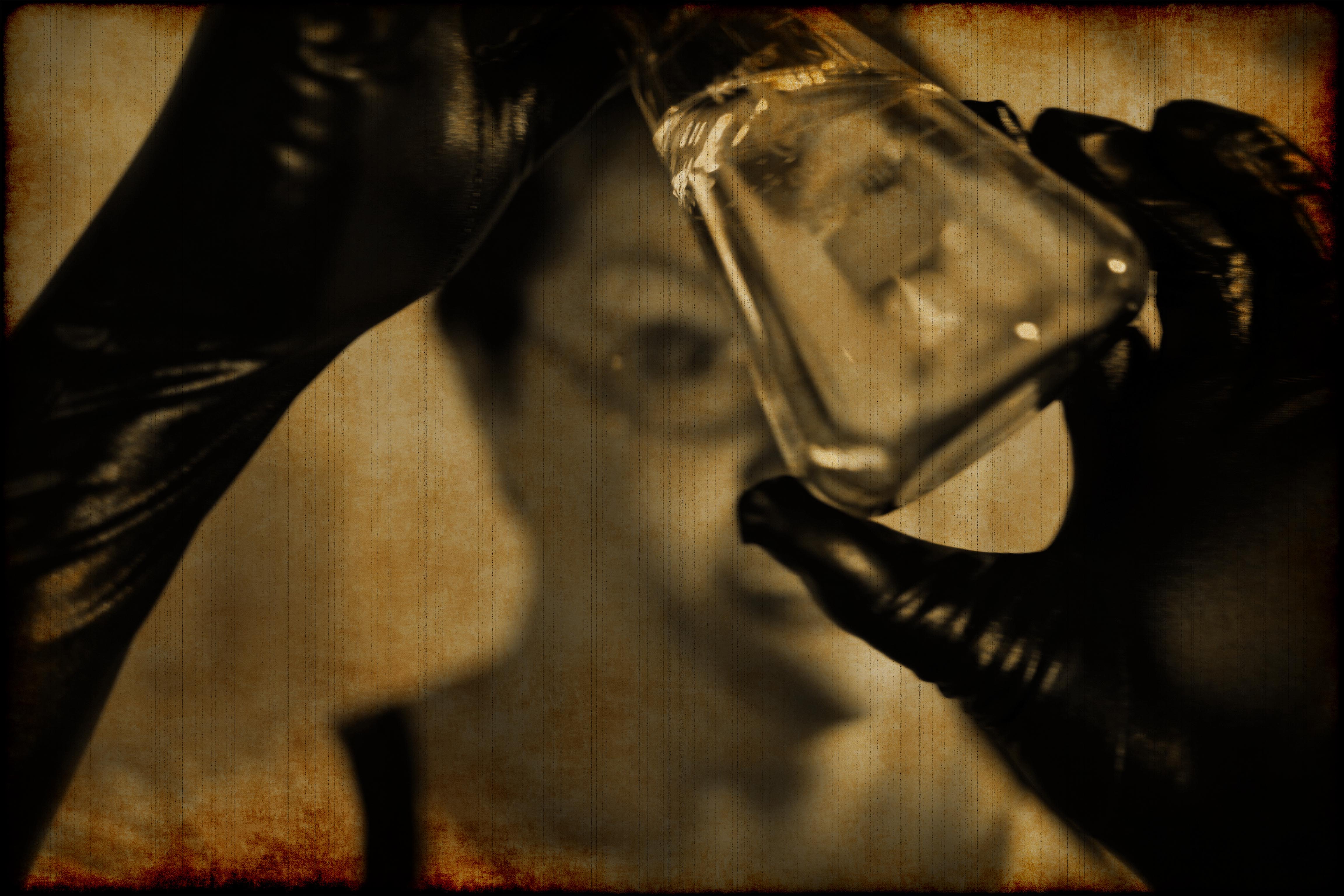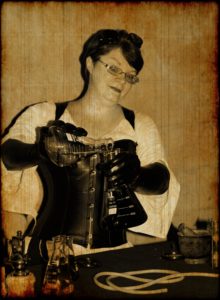
— Dr. Margaret Cleaves,
instructor in Electro-Therapeutics New York Post-Graduate Medical School
 The 19th century has truly been a renaissance of modern medicine. Gone are the superstitions and ill-founded concepts of “bodily humors” or “stomach gnomes” causing disease. The modern medical practitioner has access to a variety of treatments, many varying from culture to culture.
The 19th century has truly been a renaissance of modern medicine. Gone are the superstitions and ill-founded concepts of “bodily humors” or “stomach gnomes” causing disease. The modern medical practitioner has access to a variety of treatments, many varying from culture to culture.
Doctors in Europe have been favoring a “change of air” (to the coast, for example), together with leeching. Advances in the use of electricity have led many of the more cosmopolitan American surgeons to employ electro-shock therapies to address a number of conditions. Those in more rural areas tend to stick to the tried and true method of bleeding by cup to clear impurities from the body. The more progressive or desperate may venture into the Tsung quarter for acupuncture treatments, or seek out the Medicine people of the Tribal Nations who are said to use crystals and stones to eliminate illness or poison.
If there is any positive aspect to the decades of war, it is the advances that have been made in medicine. Recent discoveries include the relationships between germs and disease, the use of disinfection with the consequent improvement in medical care, inoculation and the introduction of anesthetics in surgery. The bloody conflicts have provided many physicians ample opportunity to enhance their skills. The endless flow of the wounded and maimed has given these poor souls more knowledge of how to dress wounds than they ever wanted.
Modern medicine is not without its detractors. Newspapers articles have revealed a number of University medical students caught robbing graves or buying bodies in order to conduct experiments. Since the Calamity, several high profile physicians engaging in more radical experiments have fled west to avoid arrest. Rumors say that the Nebraska Isles have become a haven for rogue scientists seeking a safe location to continue their diabolical experiments.
The Doctorin’ skill demonstrates a character’s ability stop a character from bleeding, stitch wounds, treat conditions, and perform other medical procedures.

